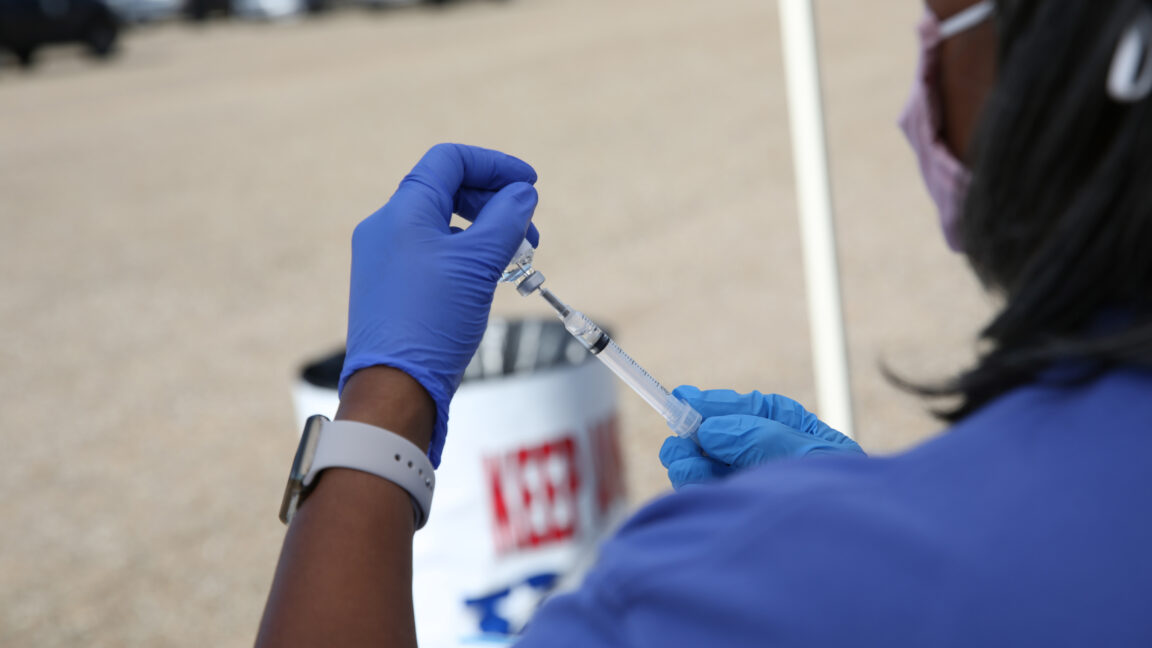Why Do Dogs Sleep So Much? How Many Hours of Sleep Dogs Need Per Day

Even the most energetic dogs love to take plenty of naps throughout the day. But how much relaxing is too much, and when should you worry? Here's how much dogs should sleep a day, factors that affect their sleeping habits and when you should consult a vet.
Why Does My Dog Sleep So Much?

Why Do Some Dogs Sleep More Than Others?
Most dogs sleep between 10 and 14 hours a day. Sometimes dogs sleep more or less than that, depending on these factors:- Age. Puppies and senior dogs sleep longer—up to 18 or 20 hours per day, according to Dr. Stone.
- Breed. Conventional wisdom says larger dog breeds tend to sleep longer than others. However, the science on dog breeds and sleep duration is still inconclusive.
- Environment. Dogs sleep better in low-light areas with comfortable temperatures and without too much noise.
- Illness. Some sicknesses can cause dogs to sleep more or less, depending on the condition.
- Weight. Overweight dogs may be more lethargic and sleep more than their healthy-weight peers.
Read more about your dog's health
- Top 3 signs your dog is trying to tell you they're unwell
- The simple activity you can do to improve your dog's mental health
- Top 4 ways to extend your dog's life expectancy, from vets
How To Help Your Dog Get a Good Night's Sleep
Getting plenty of sleep is part of a healthy life for your pet. "Sleep gives the brain an opportunity to organize all of the messages that have been sent," Stone says. "Sleep deprivation can be detrimental to their mental and physical health (making them more prone to infections)." Dr. Shannon Barrett, DVM, had several recommendations for Newsweek to improve your dog's sleep:- Provide enough exercise. Dogs are just like us. They need to burn off energy during the day to sleep well through the night. Barrett suggests regular walks, playtime and physical activities throughout the day.
- Stick to the same routine. "Try to feed your dog and take them out for bathroom breaks around the same time each day," Barrett recommends. "Bring them inside and start your bedtime routine, such as brushing teeth and quiet play, at the same time each evening."
- Set up a comfortable sleeping area. "Get your pup a cozy dog bed, crate or corner of the room," Barrett says. "Place it in a quiet, and peaceful area of your home, away from noise and foot traffic. Make sure it's large enough for them to stretch out."
When You Should Seek Veterinary Attention
Unlike humans, dogs can't tell us when they feel unwell. We need to look at clues like sleep habits and guess whether or not our dogs need medical attention. So when should your dog's sleeping behavior motivate a trip to the vet? Stone recommends looking out for several things:- Dramatic changes in your dog's sleeping habits.
- Difficulty waking up.
- Difficulty staying asleep.
FAQs About Dog Sleeping Habits
Here are some common questions about dogs and their sleeping habits.Should I Let My Dog Sleep With Me?
Letting your dog sleep with you can be comforting. You may also feel like you're strengthening the bond with your pet. However, Barrett does not recommend letting your dog sleep on the bed with you. "Dogs sleep best when they have their own dedicated sleeping space," she says.Do Products Like CBD Oils Help Dogs Sleep?
Barret urges caution when considering CBD or other oils. "Many can irritate pets," she says. Instead, she recommends checking with your veterinarian before using anything.Why Do Dogs Sleep With Their Eyes Open?
According to PetMD, there are many reasons dogs may sleep with their eyes open:- They might not be fully asleep.
- They might be ready to wake up at a moment's notice because of their instincts.
- They might be in REM sleep, where dogs are prone to barking or twitching.
- They might have an eye condition, which your veterinarian can tell you more about.
Why Do Dogs Twitch In Their Sleep?
Dogs twitch when they're in REM sleep. During this deep state of slumber, dogs may also dream about the things they do during the day—going for walks, playing fetch and so on. Twitching during sleep is normal behavior for dogs and nothing to worry about.What Do My Dog's Sleeping Positions Mean?
Different sleep positions can mean several things:- Dogs curl up to get warm and comfortable while they sleep.
- Dogs sleep on their side when they are secure and comfortable with their surroundings.
- Dogs show their belly to indicate they're relaxed and unthreatened.
- Dogs rest their head on their paws so they're ready to jump up at a moment's notice.
- Dogs may sleep in a "superman" position if they're totally worn out from the day's activities.









